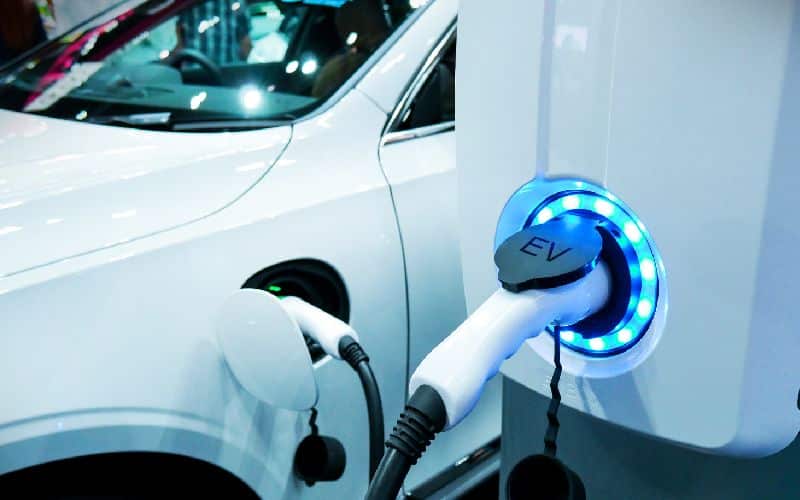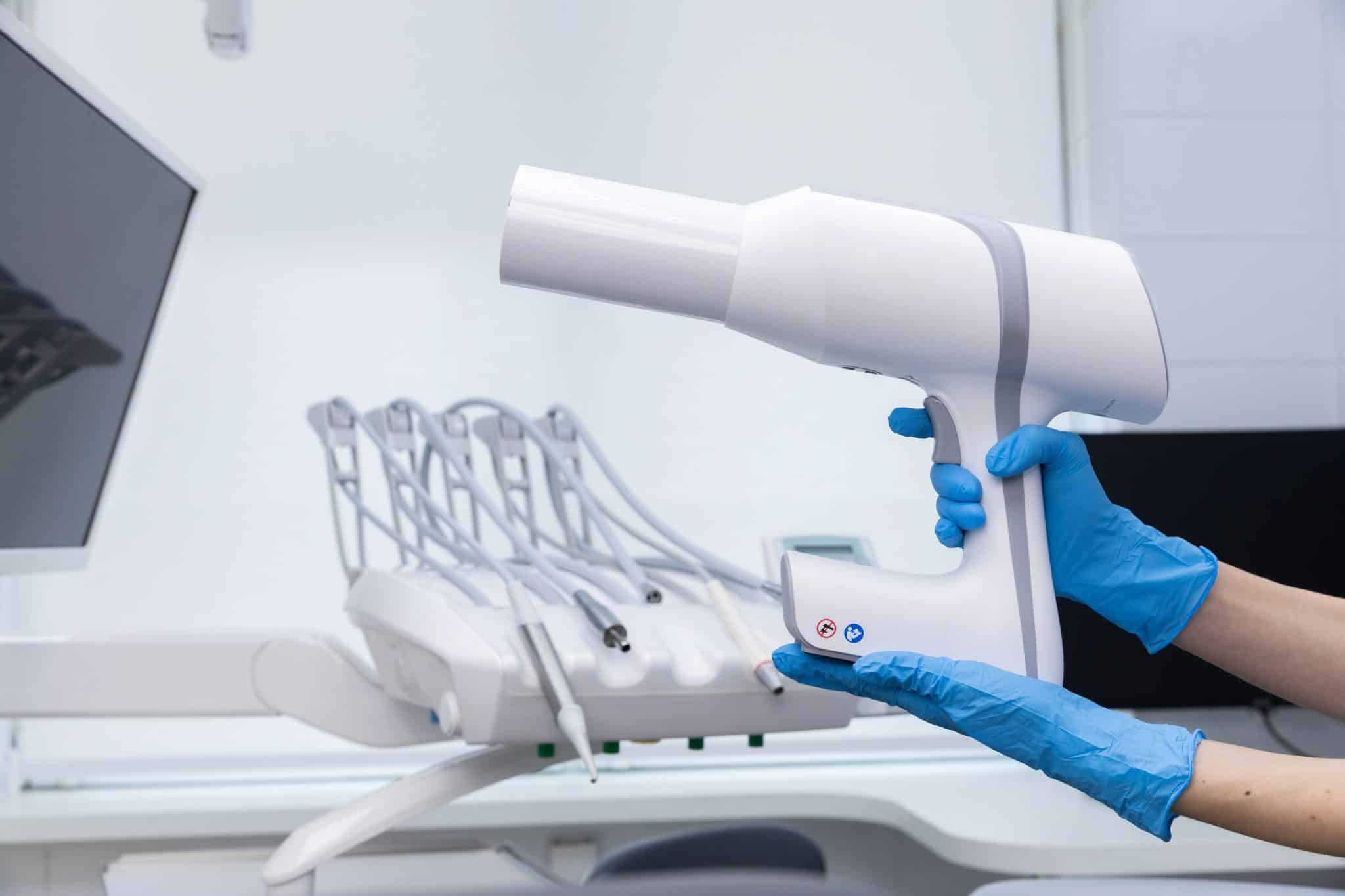Dentists purchasing an electric vehicle does involve a significant upfront cost, although saving on fuel expenses and reducing carbon emissions is tempting. To make them more affordable, the Canadian government has implemented various incentive programs to make zero-emission vehicles, such as electric cars, plug-in hybrids, and hydrogen fuel cell vehicles.
The Federal Incentives for Zero-Emission Vehicles (iZEV) Program, launched in May 2019, aims to help Canadian individuals and businesses in acquiring or leasing zero-emission vehicles. In addition, several provinces have introduced their own programs to incentivize zero-emission vehicle adoption, which can be combined with federal support. These EV rebates are good news for dentists who are considering buying an EV, either for personal or business use.
The iZEV program is currently slated to run until March 31, 2025, or until the funding is used up.
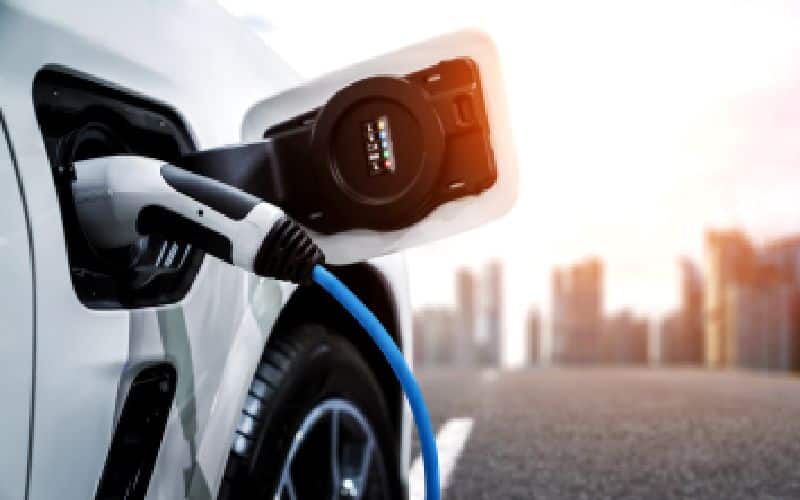
Table of Contents
ToggleEligible Vehicles
A zero-emission vehicle (ZEV), as defined by the federal government, is a vehicle that produces no tailpipe emissions. While a ZEV may have an internal combustion engine, if it also has the capacity to operate without using it, it can qualify. This means battery-electric, plug-in hybrid electric, and hydrogen fuel cell vehicles all may be included.
Vehicle Price Restrictions
To qualify for the iZEV program, the vehicle must meet specific price requirements. It must be an electric or plug-in hybrid passenger car with a base model manufacturer’s suggested retail price (MRSP) of under $55,000, with more expensive versions not exceeding $65,000. Alternatively, station wagons, pickup trucks, SUVs, minivans, vans, or specialty vehicles with a base model MSRP of less than $60,000, with the more expensive version not exceeding $70,000 are also eligible.
In addition to being eligible for the Canada EV rebates, buying vehicles under these thresholds also protects you from the Canada Luxury Car Tax.
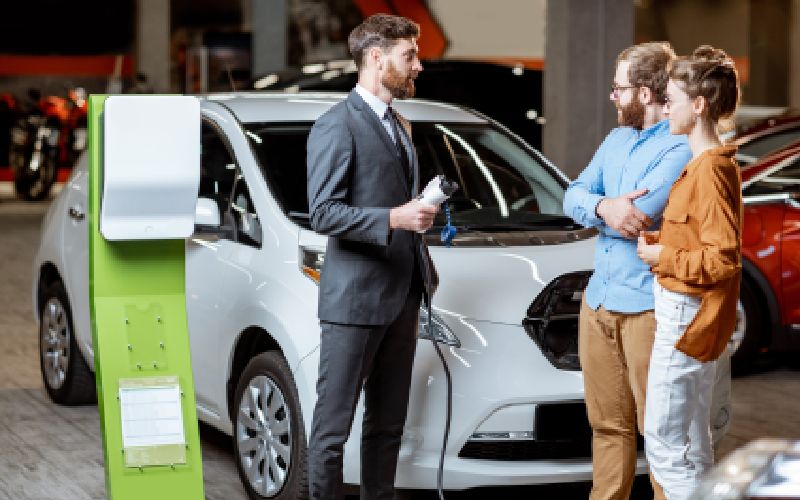
Eligible iZEV Vehicle Types
The eligible categories for rebates for zero emission vehicles, as defined by their ability to operate without emitting tailpipe emissions into the atmosphere, include:
Battery-Electric Vehicles
BEVs that solely rely on electricity and require an external power source for recharging offer efficient and eco-friendly options, with newer models boasting longer ranges, usually between 350 and 450 km on a single charge.
Plug-in Hybrid Electric Vehicles
(PHEVs) primarily operate on a battery charged from an external power source, like BEVs. However, these hybrid vehicles also have internal combustion engines. They can cover moderate distances on battery power, usually around 30 to 80 km, and switch to the combustion engine as necessary.
Fuel Cell Electric Vehicles
(FCEVs) run on hydrogen gas and emit only water vapour and warm air. FCEVs offer quick refueling time but are generally the most expensive option.
Medium- and Heavy-Duty Zero-Emission Vehicle Support Program
In July 2022, the federal government introduced the Medium- and Heavy-Duty Zero-Emission Vehicles Program (iMHZEV), providing a $550 million fund to encourage businesses and communities to transition to larger zero-emission vehicles. The program offers incentives amounting to approximately 50% of the price difference between an electric vehicle and a traditional combustion vehicle.
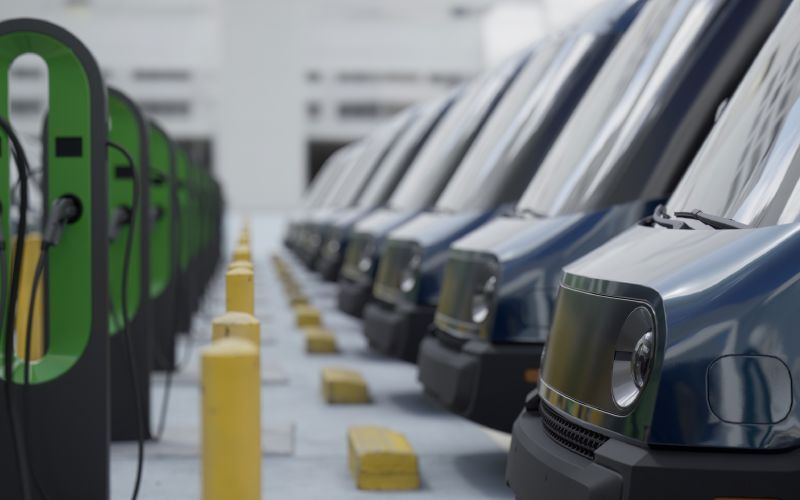
Rebate Amounts
The government rebates vary based on the type of zero-emission vehicle. For specific vehicles, see Transport Canada’s list of eligible vehicles on their website.
Longer-range plug-in hybrid vehicles, electric battery vehicles, and hydrogen fuel cell vehicles which have an electric range of 50 km or more are eligible for a maximum rebate up to $5,000. Shorter range plug-in hybrid electric vehicles, which have an electric range below 50 km, are eligible for up to $2,500.
Additionally, medium and heavy-duty zero-emission vehicles are eligible for incentives ranging from $10,000 for smaller vehicles to $200,000 for industrial-sized trucks.
How to Receive the iZEV Incentive
The iZEV rebate is applied during the purchase or lease process, reducing the total amount on your bill of sale or lease agreement. Your dealer will include purchase taxes and fees before applying the rebate program incentive. However, certain conditions apply, so confirm eligibility before purchase.
Restrictions
Individuals are limited to one incentive per calendar year, while businesses, organizations, or governments can apply for a maximum of 10 incentives per year or up to a total of $1,000,000, whichever limit is reached first.
Capital Cost Allowance Write-Offs
Businesses can currently take advantage of an enhanced, 100% tax write-off when purchasing and using a zero-emission vehicle. This tax write-off is available in the first year of ownership and can be used by corporations, self-employed individuals, or employees using a vehicle for work purposes, following specific capital cost allowance classes. This incentive is set to start phasing out in 2024 and end on January 1st, 2028.
Businesses cannot benefit from both the iZEV incentive and the enhanced first-year tax write-off. However, any remaining balance (i.e., the vehicle cost above $61,000) can be written off at the usual capital cost allowance rates in following years. Previously, business owners were limited to 30-40% of the purchase price, up to $30,000, over several years. Consult your accountant to determine which option best suits your business needs.
Provincial Rebates
Several Canadian provinces offer their own incentive programs that can further increase your savings in addition to the federal rebates. Be sure to check your province’s programs.
Buying Personally Vs. Via Corporation
Although sole proprietors only have the option to buy a car personally, dentists may wonder which is the best way to purchase an EV vehicle; Personally or via their corporation?
To answer this question, let’s pretend you have bought an electric vehicle for $100,000 and you live in the province of Ontario. You can claim 100% of up to $61,000 in one year. On your personal tax return, with a marginal tax rate of 53%, you’d save around $30,000, whereas on your corporate tax return, with a marginal tax rate of 12.2%, you would only save roughly one third of that.
How The Canada EV Rebate Can Help Dentists and Dental Practice Businesses
Dental Tax offers tax planning, consulting and filing for dentists, dental practice owners, and other dental professionals. If you have questions about your taxes, including the impact buying a new EV will have on your taxes, whether you can claim some of the expense for your business-related trips, or whether you use your vehicle enough for business purposes that it is worth buying one under a dental practice business, we can help.
Adam has an MBA from the Richard Ivey School of Business in London and also holds a Chartered Investment Manager designation.
- Tax Return Preparation Guide for Dental Professionals - January 19, 2026
- Financial Lessons from Successful Dental Practices - January 12, 2026
- 2026 Tax Changes Affecting Canadian Dentists - January 5, 2026

